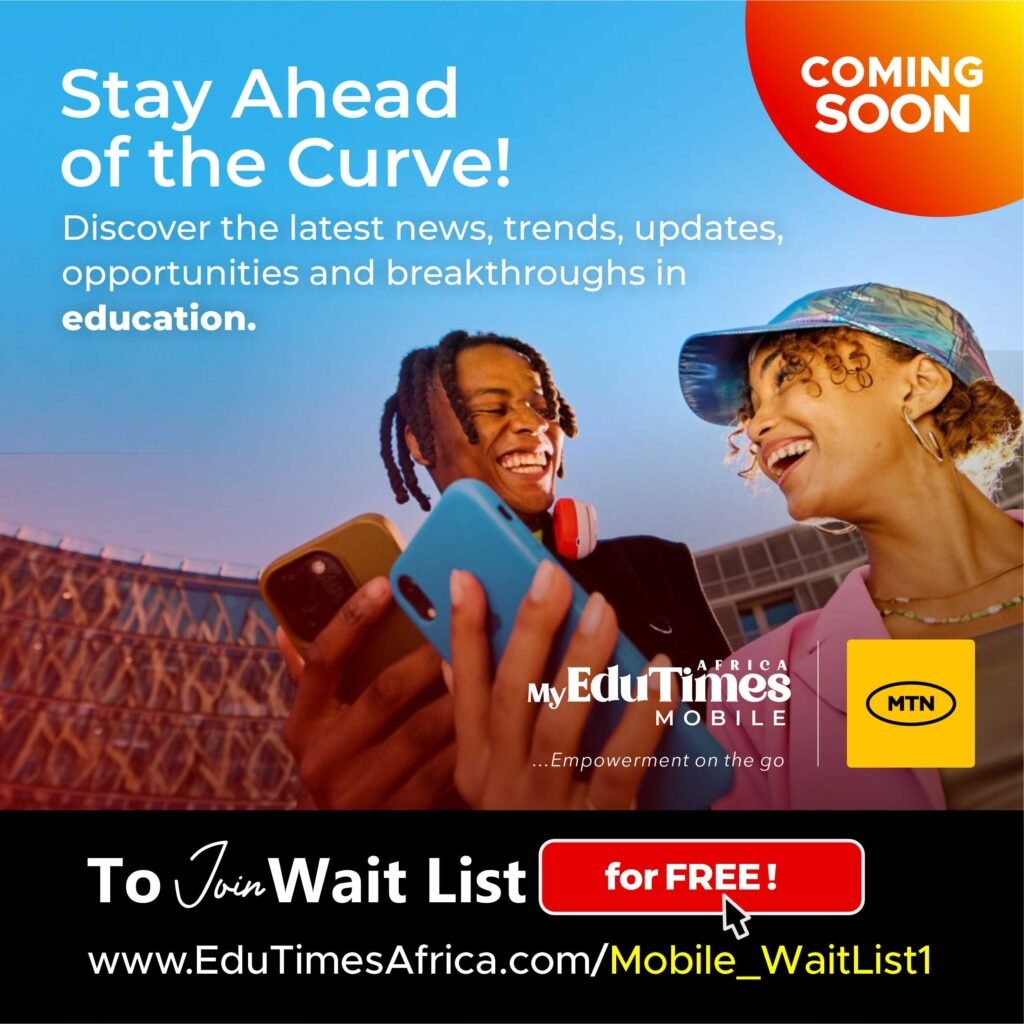
Education is a crucial aspect of personal growth and development. It provides individuals with knowledge, skills, and experiences that help them navigate the world around them. Education can take many forms, including formal schooling, online courses, workshops, and self-directed learning. Its benefits are numerous, including improved job prospects, increased earning potential, and a greater understanding of the world and its complexities. It helps individuals develop critical thinking, problem-solving, and communication skills, which are essential for success in both personal and professional endeavors.
Communication is the ability to convey information, ideas, and emotions clearly and accurately to others. It involves not only speaking but also listening, understanding, and responding in an appropriate manner. It can take many forms, including verbal, written, and nonverbal forms. It is an essential skill in personal and professional contexts, as it can enhance relationships, facilitate teamwork, and promote success.
Communication is also an integral part of human interaction that influences every aspect of personal, professional, and societal development. It is inextricably intertwined with education, the ability to communicate proficiently shapes individuals into informed citizens, skilled professionals, and empathetic leaders.
As technology evolves and globalization reshapes our world, the importance of fostering effective communication skills within educational frameworks becomes increasingly evident.
Education Empowers Individuals with Critical Skills.
Education serves as the bedrock upon which effective communication skills are built. Beginning from the early years of schooling, students are introduced to language, literacy, and numeracy which are the fundamental tools of communication. As the students progress through their educational journey, they are further exposed to diverse forms of expression, including verbal, written, and nonverbal communication forms.
Moreover, education offers opportunities for students to engage in debates, presentations, and collaborative projects that help to hone their ability to listen actively, empathize with others, articulate ideas, perspectives, and perceptions. These experiences foster critical thinking, creativity, and adaptability skills which are essential qualities for effective communication in an ever-changing world.
Subscribe To Unlimited Premium Digest.
This is premium content. Subscribe or Login to read the entire article.
Subscribe
Gain access to all our Premium contents.More than 1,000+ Articles, News, & Scholarships.





































































 EduTimes Africa, a product of Education Times Africa, is a magazine publication that aims to lend its support to close the yawning gap in Africa's educational development.
EduTimes Africa, a product of Education Times Africa, is a magazine publication that aims to lend its support to close the yawning gap in Africa's educational development.

